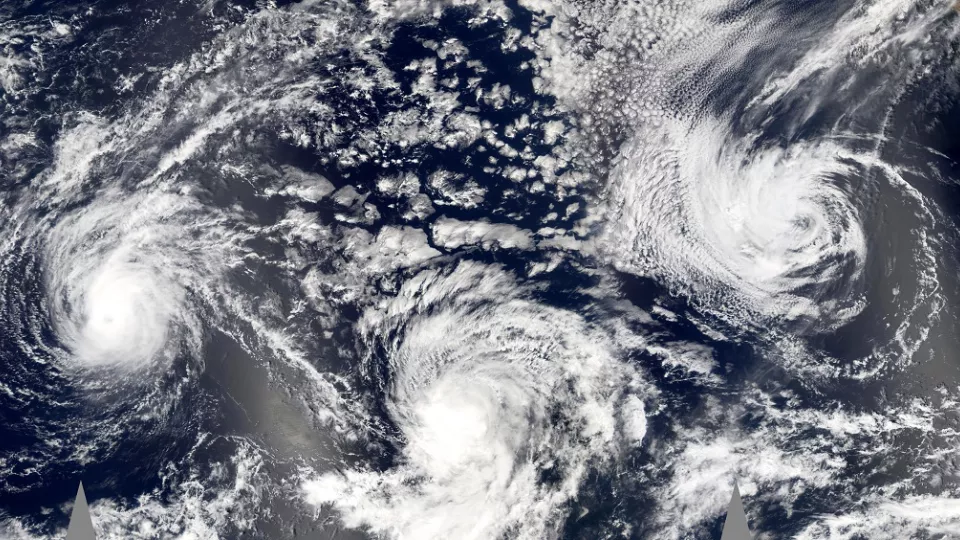
Merging modelling and early action: perspectives from an academic
We spoke to Dr Erica Thompson from the London School of Economics about her work with Start Network on anticipating crises.

We spoke to Dr Erica Thompson from the London School of Economics about her work with Start Network on anticipating crises.

Mongolia is unique. 30% of the population earn their livelihoods from herding livestock, leading a traditional nomadic life to enable their animals to access pasture throughout the year. Weather conditions can be extremely harsh, with long, stormy winters where temperatures can drop as low as -40C or -50C. Herders, and therefore the wider Mongolia economy, are vulnerable to the impacts of extreme winter weather. Dry summers can mean livestock do not gain the weight needed to survive winter, combined with harsh conditions this can cause mass livestock mortality known as ‘dzud’.
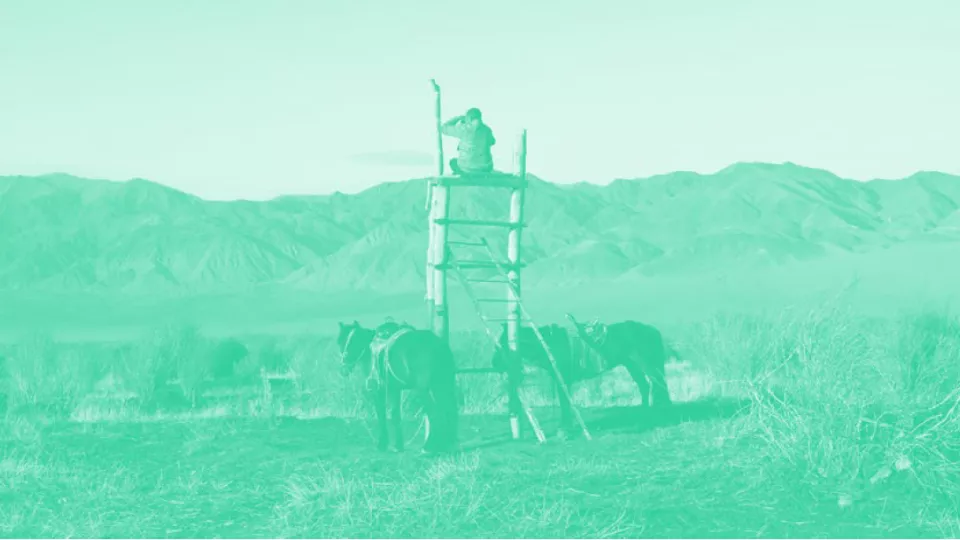
Mongolia is unique. 30% of the population earn their livelihoods from herding livestock, leading a traditional nomadic life to enable their animals to access pasture throughout the year. Weather conditions can be extremely harsh, with long, stormy winters where temperatures can drop as low as -40C or -50C. Herders, and therefore the wider Mongolia economy are vulnerable to the impacts of extreme winter weather. Dry summers can mean livestock do not gain the weight needed to survive winter, combined with harsh conditions this can cause mass livestock mortality known as ‘dzud’.
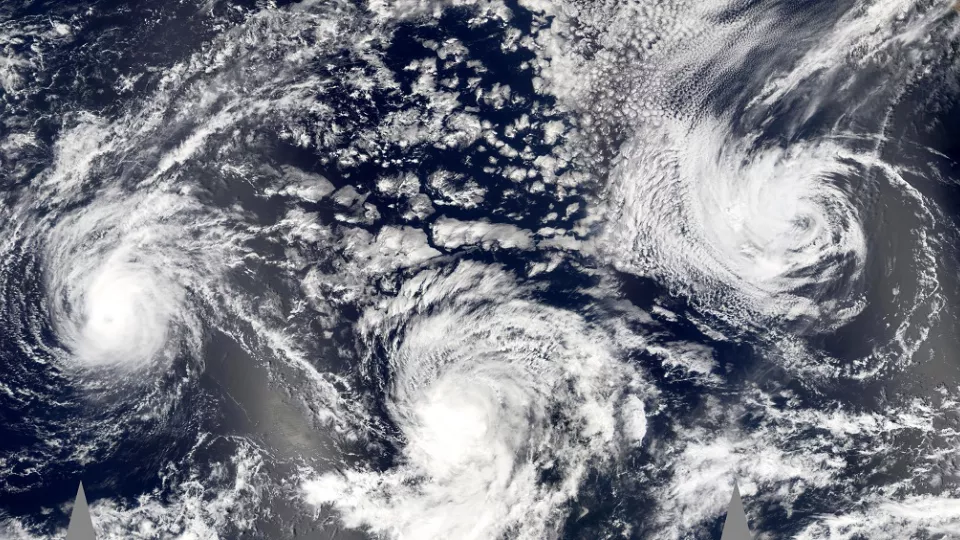
Start Network has launched a new free 'Crisis Anticipation and Action' online training for Start Network members.
A new report into Start Network's anticipation tool advises that going forward, enabling communities to act ahead of a potential disaster will require a focus on localisation, putting at-risk people at the centre of the process to mainstream of early humanitarian action.

National FOREWARN group launches in Bangaldesh and the Philippines enabling them to use local expertise, forecasts and resources to act before a predictable crisis hits within country.
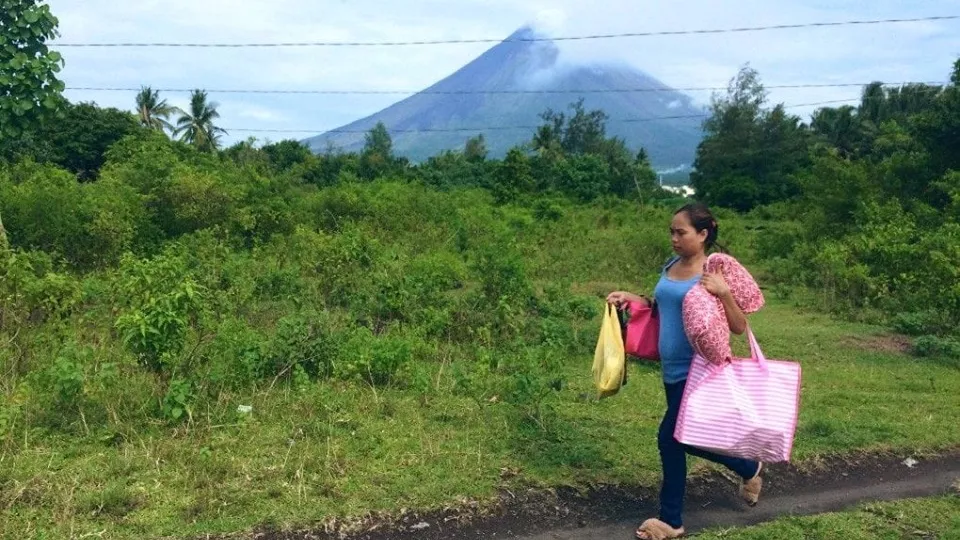
Read how a consortium of Start Network members completed the first anticipation activation in the Philippines helping communities to 'Andam Lahar' or 'Prepare for Lahar.'
Start Network has today signalled its commitment to help millions of people become more resilient to climate-related crises by strengthening early humanitarian financing and action.
The monthly risk briefing provides information on global weather, human and health events where members may consider using the Start Fund Anticipation process.
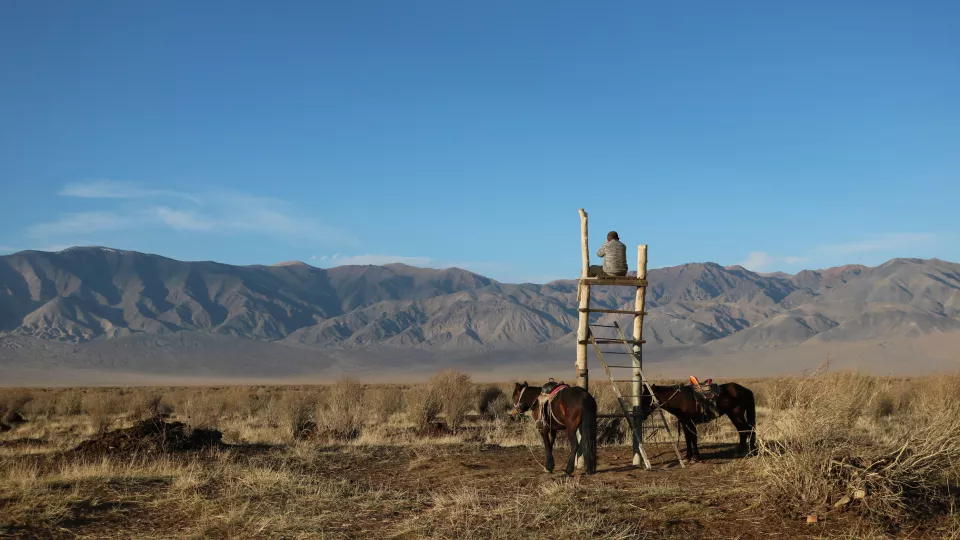
For nomadic herder families in the Mongolian grasslands, living in extreme conditions is the norm. But when it comes to Dzud, the Mongolian term for a bitterly cold winter weather phenomenon, the impact can be greater than many are able to prepare. Anticipating how changes in the weather and environment will impact their lives is key.